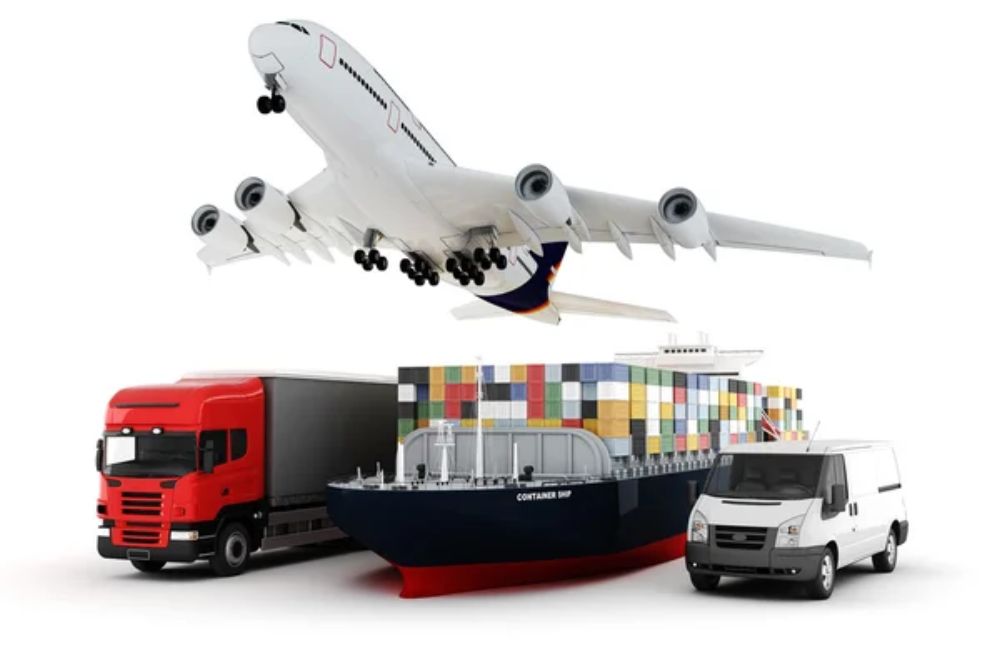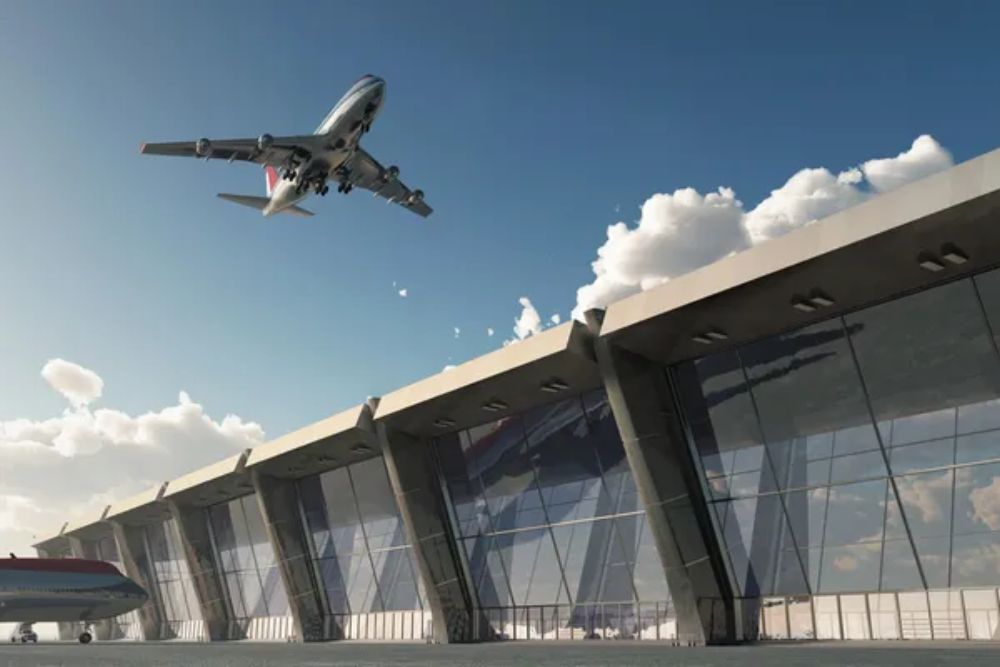Traveling with a group can create lifelong memories or lifelong enemies, depending on how you manage the planning. There is nothing that tests friendships quite like trying to coordinate schedules, budgets, and interests among people who all have different ideas of a dream vacation. The difference between a dream vacation and a nightmare often comes down to decisions made months before anyone steps foot on an airplane.
Successful group travel isn’t so much a matter of finding people who want exactly the same things—it’s a matter of setting clear expectations and frameworks that’ll keep everyone happy even when wants diverge. Here are 18 need-to-know planning tips that’ll help your group avoid the common pitfalls that turn friends into ex-friends.
Define a Clear Budget Range Early

Discussing money is awkward, but it’s essential before anyone starts dreaming of destinations. Have every individual write down their absolute maximum overall budget—flights, hotel, food, and activities—on a piece of paper and then reveal the numbers. This prevents the embarrassment of one person suggesting a $200-a-night hotel when someone else was thinking $50 hostels.
Having determined everyone’s budget constraints, you can plan within the lowest common denominator or split into different levels of accommodations that meet up for shared activities.
Appoint One Main Planner

Democracy is great in theory, but too many cooks definitely spoil the travel broth. Elect one person who enjoys research and organizing to handle most of the planning decisions, with input from the others at key decision-making points. This prevents those endless group chat debates over every minor detail and ensures someone actually books things before prices rise or availability vanishes.
The planner gets the final decision-making power on logistics, but overall decisions like destination and budget must still involve everyone.
Like Travel Pug’s content? Follow us on MSN.
Create a Shared Planning Document

Use Google Docs, Notion, or similar tools to create a master shared document that everyone can access and edit. Include confirmed bookings, likely activities, packing lists, emergency contacts, and important documents like passport numbers or dietary requirements.
This clears up the confusion of scattered information across different group chats, emails, and personal notes. Miscommunications happen much less when everyone can see the same information in real-time.
Plan Some Solo Time

Spending every waking moment together is a recipe for irritability, even among the closest friends. Build free time into your itinerary where people can pursue individual interests, take naps, or simply have space from group dynamics.
This might mean some people visit museums while others go shopping, or designating certain meals as optional rather than mandatory group activities. Solo time isn’t antisocial—it’s what allows people to recharge and enjoy group time more fully.
Discuss Travel Styles Honestly

Some people are meticulous planners who want every hour scheduled, while others prefer wandering around and seeing what happens. Some wake up at dawn to maximize sightseeing time, while others consider vacation sleep-ins sacred. Have frank conversations about travel preferences before booking anything, because these differences become major sources of conflict when discovered mid-trip.
You don’t need identical styles, but you need compatible ones or plans that accommodate different approaches.
Like Travel Pug’s content? Follow us on MSN.
Set Clear Communication Expectations

Decide how decisions will be made, how often you’ll check in with each other, and what level of group consensus is required for changes. Will you use WhatsApp, group texts, or email for coordination? How much advance notice is needed before changing plans?
What happens if someone wants to skip a planned activity? Establishing these protocols early prevents confusion and hurt feelings when situations arise during the trip.
Book Refundable Options When Possible

Group dynamics can shift, people might need to cancel, or better deals might appear after you’ve made initial bookings. Paying slightly more for refundable flights, hotels, or activities provides flexibility that often proves invaluable as your trip approaches.
This is especially important for large groups where the likelihood of someone having scheduling conflicts or financial changes increases significantly.
Plan Transportation Logistics Carefully

Getting multiple people from point A to point B becomes exponentially more complicated than solo travel. Research whether rental cars make sense for your group size, how you’ll handle luggage in taxis or rideshares, and what happens if flights are delayed differently.
Book airport transfers in advance for large groups, as finding multiple taxis simultaneously can be challenging in busy destinations. Consider that some people might want to extend or shorten their trips, requiring flexible transportation arrangements.
Like Travel Pug’s content? Follow us on MSN.
Assign Specific Responsibilities

Rather than leaving everything to the primary planner, give everyone specific tasks that match their strengths and interests. Maybe one person handles restaurant research, another focuses on activities, and someone else manages accommodation details.
This distributes the workload while ensuring everyone feels invested in the trip’s success. People are more likely to be happy with plans they helped create than decisions imposed on them.
Create a Group Fund for Shared Expenses

Pool money upfront for expenses that benefit everyone—group meals, shared transportation, accommodation deposits, or common activities. Use apps like Splitwise to track who owes what, or designate one person to handle payments, with others reimbursing them promptly.
This eliminates the awkward math calculations and bill-splitting discussions that can slow down every group meal or activity.
Plan for Different Energy Levels

Not everyone has the same stamina for sightseeing, nightlife, or physical activities. Build flexibility into your schedule so that tired people can return to the hotel while energetic ones continue exploring. Plan a mix of high-energy and low-key activities throughout your trip rather than cramming all the intense experiences into consecutive days.
This prevents the situation where half the group is exhausted while others feel like they’re missing out on adventures.
Like Travel Pug’s content? Follow us on MSN.
Research Group Size Limitations

Many restaurants, activities, and even accommodations have limits on group sizes that can significantly impact your plans. Popular restaurants might not take reservations for parties over six people, some tours have maximum group sizes, and vacation rentals often have occupancy limits that aren’t immediately obvious.
Research these constraints early so you can split into smaller subgroups when necessary or choose alternatives that accommodate everyone together.
Establish Phone and Internet Plans

International roaming charges can create unwelcome surprises, and being unable to communicate during a trip creates logistical nightmares for groups. Research international phone plans, local SIM cards, or Wi-Fi availability at your destination, so everyone can stay connected affordably.
Consider that splitting up during free time requires reliable communication methods, and emergencies become much more complicated when people can’t reach each other.
Plan Backup Options for Weather

Outdoor activities, beach days, and sightseeing plans can be derailed by unexpected weather, leaving groups scrambling for alternatives. Research indoor activities, covered attractions, or flexible options that work in various conditions.
Having backup plans prevents the frustration of wasted days and the pressure to do activities in unpleasant weather just because they were planned. This is especially important for short trips where bad weather can impact a significant portion of your time.
Like Travel Pug’s content? Follow us on MSN.
Address Dietary Restrictions and Preferences

Food allergies, dietary restrictions, and strong preferences become complicated when you’re making group dining decisions. Document everyone’s requirements early and research restaurant options that can accommodate the group’s needs.
This prevents the situation where you find the perfect restaurant that three people can’t eat at, or spend excessive time searching for places that work for everyone. Consider that some destinations handle certain dietary needs better than others.
Decide on Souvenir and Shopping Time

Some people love browsing markets and shopping for souvenirs, while others find it tedious and prefer to maximize sightseeing time. Discuss shopping preferences early and plan accordingly—maybe dedicate specific time for shopping enthusiasts while others relax, or identify shopping destinations that double as cultural experiences for the whole group.
This prevents impromptu shopping stops from derailing other planned activities.
Plan Airport and Travel Day Logistics

Group travel days involve coordinating multiple people through complex logistics like check-in, security, baggage claim, and ground transportation. Share flight information early, decide on meetup points, and have backup communication plans for delays or changes.
Consider that some people prefer arriving at airports early, while others cut timing close—establish group standards that keep everyone comfortable. Plan extra time for everything, as groups naturally move more slowly than individuals through travel logistics.
Like Travel Pug’s content? Follow us on MSN.
Create Contingency Plans for Conflicts

Even well-planned trips can involve personality clashes, differing opinions, or unexpected stressors that create group tension. Discuss upfront how you’ll handle disagreements, what happens if someone wants to leave early, and how costs will be handled if plans change significantly.
Having these conversations before problems arise makes resolution much easier when emotions are running high. Sometimes the best solution is agreeing that it’s okay for people to do their own thing when group dynamics aren’t working.
The Evolution of Friendship Through Travel

Group travel planning has transformed from handwritten letters and landline phone calls to shared digital documents and instant messaging, yet the fundamental challenge remains the same: getting multiple people with different personalities, preferences, and resources to coordinate complex logistics successfully.
What’s changed is our ability to research, communicate, and adapt plans in real-time, making drama-free group trips more achievable than ever before. The most successful group travelers understand that perfect consensus is impossible, but clear communication, flexible planning, and mutual respect can create experiences that strengthen relationships rather than strain them. When friends return from trips with stories they’ll tell for decades and plans for future adventures together, you know the planning process got something right.
More from Travel Pug

- 20 Best Beach Towns in the Carolinas
- 13 Destinations Where Tourists Regularly Regret Their Trip
- 20 Things You Actually Get in First Class
- 20 Small Airports With Aviation Museums
- 20 Places in the U.S. That Are Perfect for a Reset Trip
Like Travel Pug’s content? Follow us on MSN.
